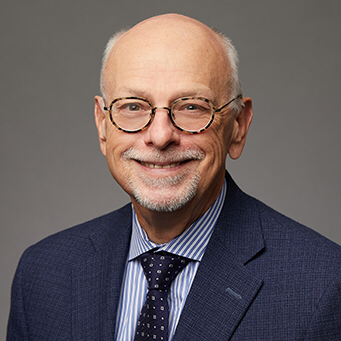- To help training programs meet the highest standards of a clinical science model
- To integrate the science and practice of psychology
- To practice and disseminate the most effective evidence-based mental health treatments
- To expand the scientific basis for understanding and treating mental illness for all
What is PCSAS?
The Psychological Clinical Science Accreditation System (PCSAS) is an independent, non-profit organization that provides rigorous, objective, and empirically based accreditation of Ph.D. programs. PCSAS programs adhere to a clinical science training model — one that supports and expands the scientific foundation for mental and behavioral health care and increases the quality and quantity of clinical scientists contributing to all aspects of public health for all people.
PCSAS News and Announcements
- University of Texas at Dallas Now Accredited by PCSAS
- PCSAS Programs at the University of Pittsburg, University of Wisconsin, Duke University, University of Georgia, and Ohio State University Psychology are reaccredited.
- PCSAS signs on to a letter to the Director of the White House Office of Science and Technology Policy Regarding “Restoring the Gold Standard In Science”
- PCSAS Review Committee Releases a Report on the Quality of Clinical Training in PCSAS Programs.
- Collecting Data from Underrepresented Populations: Considerations for Ethnic Minority Research
- Revise and Resubmit: Tips for Successful Response to Reviewer Feedback
- Building positive community connections to facilitate trust and enrich research impact
- Conducting transparent, accessible research as graduate students: Myths about Open Science

Primary Mission and Goals of PCSAS
The PCSAS mission is to advance and improve public health by using the accreditation process to promote the training of psychological clinical scientists. PCSAS programs train clinical psychologists who can widely disseminate the best clinical knowledge we now have about mental health, who can generate new knowledge related to mental health at both a basic and applied level, and who can use this knowledge to advance public health for all. The PCSAS mission is supported by five inter-related goals:
- To advance the field of scientific clinical psychology by promoting the highest standards of education and training in psychological clinical science.
- To increase the number of well-trained psychological clinical scientists who actively contribute to the dissemination and advancement of knowledge and methods related to the origins, nature, diagnosis, treatment, and prevention of mental and behavioral health problems for all, in a manner sensitive to context and diversity.
- To produce a new cadre of integrative and trans-disciplinary psychological clinical scientists who, in their research and application, employ scientific methods and theories from across a broad range of scientific perspectives to help advance our knowledge about public health problems; and to develop, deliver, and evaluate cost-effective and accessible solutions for such problems.
- To promote education and training aimed at enhancing the quality, availability, and reliability of up to date, evidence-based, efficacious, cost-effective, safe, and equitable services in mental and behavioral health care for people from all walks of life.
- To contribute to the development and dissemination of knowledge and services that will help reduce the incidence of mental health problems for all people; promote adaptive functioning; improve the quality, availability, safety, and impact of mental and behavioral health-care delivery; and improve the public’s general health and well-being.

Message from the PCSAS Executive Director
Welcome to the PCSAS website. PCSAS accredits Ph.D. programs that train graduate students using a clinical science model. On this site you can find information about the PCSAS mission and history as well as the clinical science training approach. Also available here is information about the programs we accredit, our review criteria and accreditation process, and the application process. Students are central to the PCSAS mission. Therefore, we have also included information on this site that we think may be valuable for students who are currently training in one of our programs as well as students who are thinking about training for careers in clinical psychology. Please contract me if I can be of any assistance.
Joseph E. Steinmetz, Ph.D.
Executive Director
1101 E 10th Street
Bloomington, IN 47401
jsteinmetz@pcsas.org
479-301-8008


